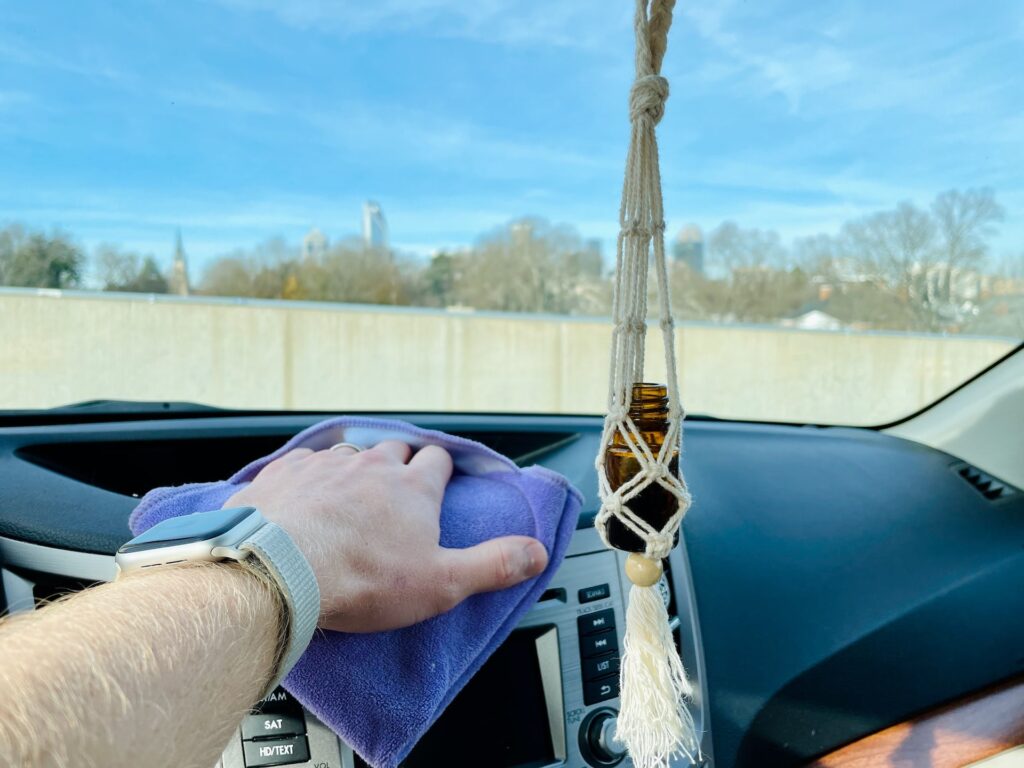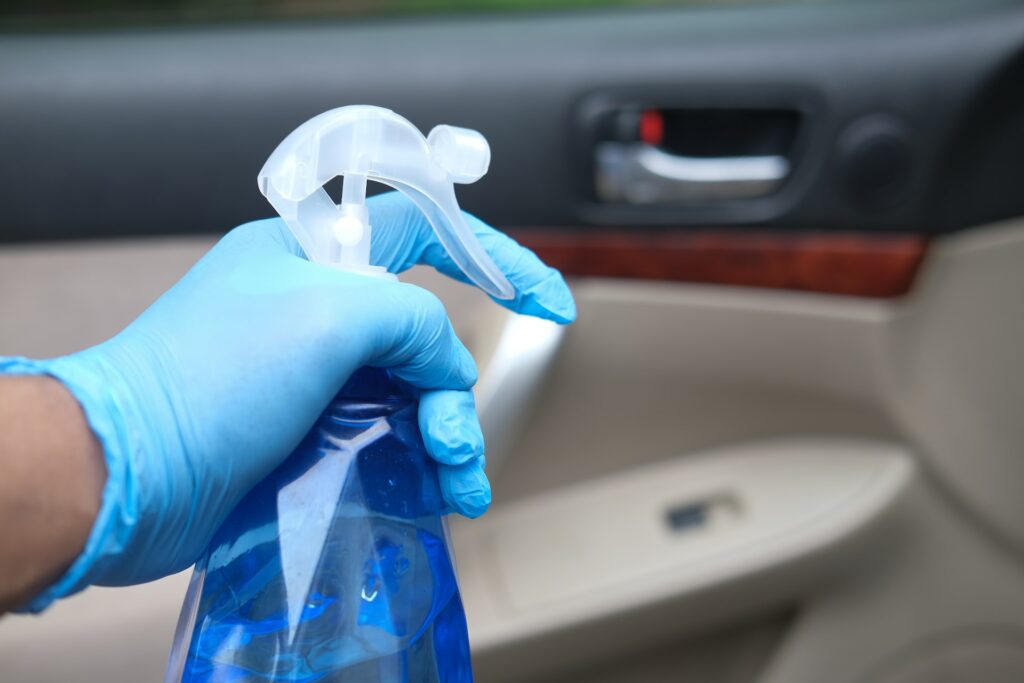Ants have an incorrigible habit of getting in uninvited to places you don’t want them. And once they make themselves at home, they are difficult to remove.
Why remove ants from your car?
You may wonder why you can’t just let them be because they are living things, too, and need a home. It’s very noble of you to respect them like that. But unfortunately, they wouldn’t return the sentiments. In fact, the ants in your car can cause some serious damage. So before things get worse, it would be much wiser for you to show them out.
If you find a lot of ants inside your car, chances are that they have made their home there. This means they’ll also be going in and out to fetch food and water. Or worse, they might have discovered a source of food somewhere inside. Not only do ant build-ups smell bad for your car, but they can gnaw through wood, insulation, foam, and surprisingly, even wires. In addition, when you are driving, the last thing you want is an ant couple taking a stroll up your legs. The discomfort and shock from an ant bite can cause serious disturbances to you or other passengers while driving.
FUN FACT
Ants don’t have ears, and some don’t have eyes. Ants ‘listen’ by feeling vibrations from the ground through their feet and can communicate through their antennae! So don’t ever catch yourself shouting out to ants.
There are many types of ants that get into cars depending on your local species. Some common ants are black ants, carpenter ants, odorous ants, fire ants, and pavement ants. It may help you to know a little about them, so you know who you are dealing with. Not all ants eat sugary food. Some like protein diets, and others are not so picky. They would eat up anything they find in your car.
Very importantly, do not leave food or food particles in your car. Because that is probably why they got in, in the first place, scout ants are very good at smelling out sources of food, and once they discover a good supply in your car, they will leave a scent trail of pheromones for worker ants. Next is a grand food delivery service for the ant colony!
Steps to remove ants from your car
Park somewhere else
Changing the location will throw off ants more ants coming in. Check if your ant was parked close to an ant hill or trees. Ants can move pretty fast, but when the food source is closer to their homes, they will get in easier. Move the car a good distance away from where it was parked because ants can smell the pheromone trail from far. In addition, it encourages the ants in your car to get out after the food source is depleted or removed.
Clear your car

Clean your car inside out thoroughly. Remove all debris of food and moisture and then vacuum. Wipe down all surfaces. Be sure to check all nooks and crevices and under the seats, glovebox, console box, and under carpets. Make sure there are no traces of food. Use a spray or wipe to get rid of the smell of food, and more importantly, it would get rid of pheromone trails.
Try using ant traps and bait.
Bait traps work differently from contact-based insecticides. While insecticides kill ants immediately, traps work slowly from 24 to 48 hours. Bait traps use food to lure the ants in. there are ant traps available with both sweet and high-protein food, so buy something depending on the type of ant and what they like to eat. You can also make your own trap by mixing two tablespoons of borax or boric acid with a half cup of sweet food. Scout ants fall for the trap first, and they call in other worker ants sensing the food. So most of the ants in the colony end up dying through the poison in the food. Pretty gruesome, yes.
Place traps in various places in your car. The advantage of using ant traps as opposed to insecticides is that you are saved from having to clean up the dead ants. And you can also avoid breathing in the toxic spray. But sometimes, placing ant traps can invite even more ants into your car and aggravate the problem further. So be careful and use what works best for you.
Spray the outside with insecticide

Spray the tires and other possible entry points with insecticide. Car tires are what touch the floor, so the ants most probably get in through them. This is a good method if there are ants going in and out. It, however, won’t work for ants already inside the car. There are many types of ant sprays available in the market. You can also use insecticide chalk to draw circles around your tires.
Use natural remedies
If you dislike using toxic insecticides, use non-toxic remedies like mint, cinnamon, salt, and pepper which ants hate. Sprinkle these inside your car. Or use a mixture of water and vinegar to wipe surfaces. Ants positively hate this. Or try diatomaceous earth on ants to kill them. You can vacuum the powder up later.
Inspect spaces where ants are likely to accumulate
Ants might be hidden in many places in your car without you knowing. If you suspect them to be present, then make sure you check the engine, dashboard, fuel door, seats, and upholstery. Remove the latch portion of the car, called the striker, with a flathead screwdriver and spray insecticide liberally. Cleaning the dashboard is tricky as it has many wires and controls within, so it’s better to place an ant trap near it. And very importantly, be sure to check the engine. Some ants find anti-freeze liquid sweet and would be attracted to that. So if there are ants in your engine, there could be a leak in your coolant. Get it fixed.
The best way to get ants out of the engine is to use a fogger. Park your car in your garage, set up the fogger, and close the garage door. It’s the same for the fuel door. Spraying insecticides near your fuel door can be dangerous so use fogging to get rid of this.
If everything fails, seek professional help.
If you have tried everything and still the infestation is a major problem, then call a pest control service to sort it out. It may be tricky to get to ants that are in the nooks and crevices of your car because you lack the proper equipment. Professional pest controllers would be able to eliminate all ants, including pheromone trails.

Prevention is better
To save yourself from the hassle of cleaning up ants again, be careful not to leave food debris and moisture in your car again. Clean up spills immediately. Be mindful not to park near ant colonies. And vacuum your car regularly.
Does the color of a car matter when choosing a car? Read this article to find out.

















